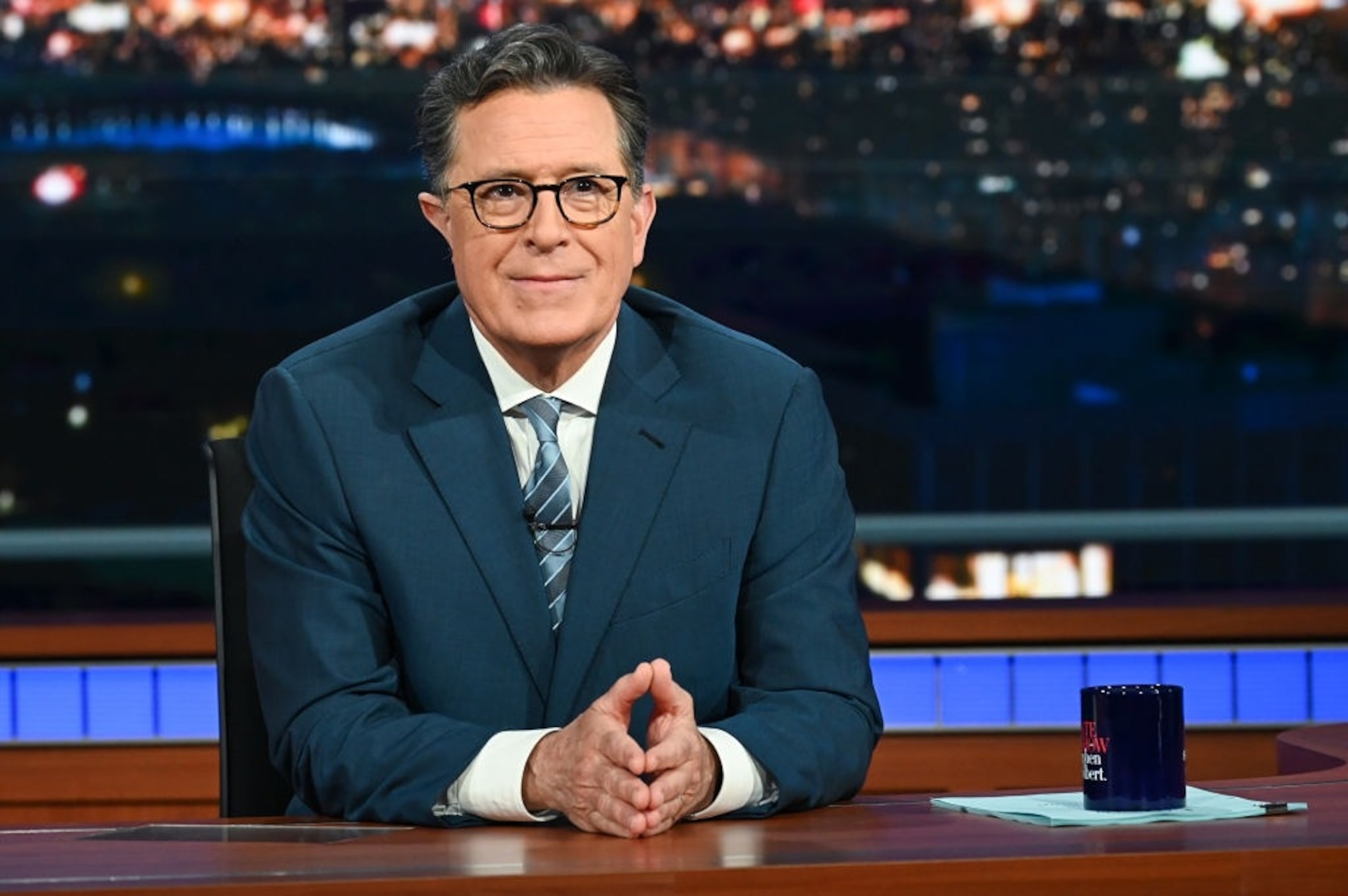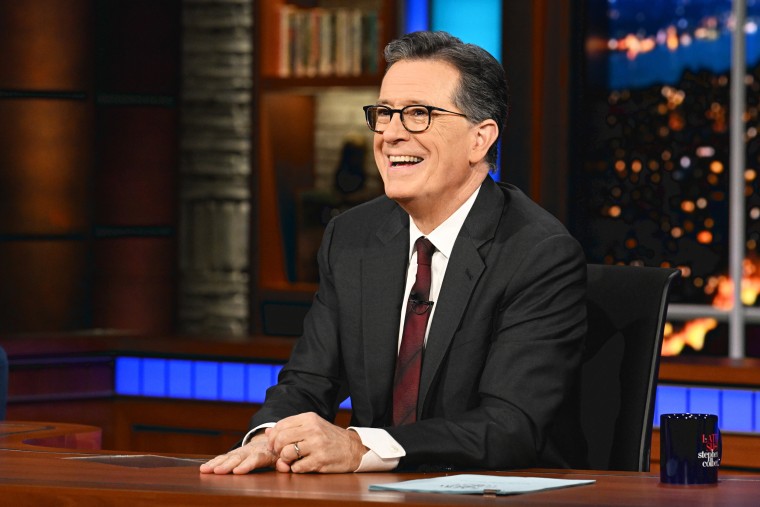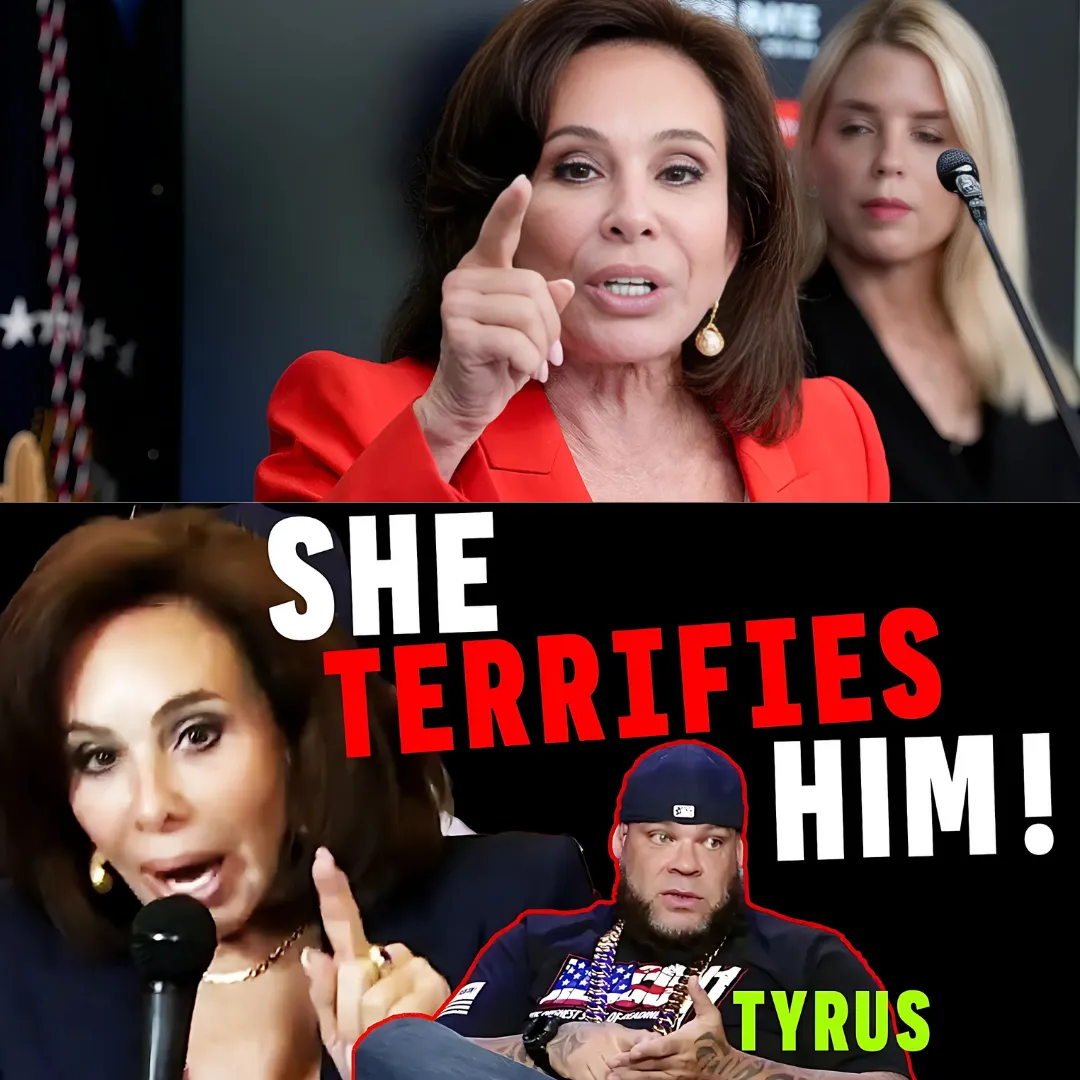Static Major TRIED To Expose Aaliyah’s K!llers — His Secret Last D!ary REVEALED — Shocking Truth Hidden for Over 20 Years Finally Comes to Light
Static Major TRIED To Expose Aaliyah’s K!llers — His Secret Last D!ary REVEALED — Shocking Truth Hidden for Over 20 Years Finally Comes to Light
Introduction: The Return of a Buried Secret
For more than two decades, whispers have echoed in the back alleys of the music industry — whispers about a hidden set of notes left behind by the late Static Major, the songwriter and producer whose pen shaped an era. These whispers were always dismissed as fan-made conspiracy, as internet rumor, as wild speculation. But now, as new pages allegedly from Static’s private journal come to light, those whispers are impossible to ignore.
In these pages, Static reportedly tried to piece together the truth about what really happened to Aaliyah, the young star whose untimely passing in 2001 left the world stunned. What makes the revelation explosive isn’t only what he wrote — it’s the possibility that Static himself knew far more than he ever let on publicly. And perhaps, just perhaps, that knowledge placed him in a dangerous spotlight.
This is not just the story of two artists lost too soon. It’s the story of buried secrets, powerful names, silent deals, and an unending fight for the truth.
Chapter 1: Aaliyah’s Last Flight — A Tragedy That Never Stopped Haunting
On August 25, 2001, the world lost Aaliyah Dana Haughton. Official reports blamed an overloaded plane, an inexperienced pilot, and unfortunate timing. The world mourned, tributes poured in, and the story seemed tragically straightforward.
But not everyone accepted the “official” explanation. Too many inconsistencies crept into the narrative. Why was the plane allowed to take off despite warnings? Why did key witnesses contradict one another? And why did those closest to Aaliyah suddenly grow quiet — as if a weight had been placed on their tongues?
Static Major, who had been working closely with Aaliyah and who shared a deep creative bond with her, never stopped asking questions. Friends later recalled him saying, “That wasn’t no accident. Too many things don’t add up.”
Those words, dismissed at the time, would resurface years later as his alleged final writings began to circulate.
Chapter 2: Static Major — The Pen Behind the Hits
Before diving into the diary, it’s important to understand who Static was. Stephen Garrett, better known as Static Major, wasn’t just another background figure in music. He was the architect of countless R&B hits, from Ginuwine’s “Pony” to Aaliyah’s defining tracks. He had an unmatched ability to blend sensuality with vulnerability, mystery with melody.
But beyond the music, Static had a reputation for being fiercely observant. He noticed things. He wrote about things. His friends claimed he always had a notebook, scribbling ideas not just for songs but for thoughts, questions, and observations about the industry.
That habit of documenting — of writing down what others ignored — is what makes the discovery of his “secret last diary” so powerful.

Chapter 3: The Diary Emerges
Fast forward to the present day. According to sources close to the Garrett family, a small collection of notebooks surfaced during a private estate review. Inside them were lyrics, unfinished concepts, and — most shocking — pages that hinted at a darker investigation.
On one page, Static allegedly wrote: “They think it’s over, but I see the moves. I see the names. If they could do that to her, they could do it to anyone. I can’t let this just disappear.”
Another passage: “The ones smiling in public are the same ones moving in shadows. Too much money on the line. Too much power at stake. If I don’t write this down, it dies with me.”
The handwriting has been authenticated by multiple experts, though the industry has moved swiftly to dismiss the findings as “misinterpretations.” But the timing is curious — why would these pages leak now, over 20 years later, just as the entertainment world finds itself embroiled in fresh scandals about cover-ups, secret deals, and silenced voices?
Chapter 4: The Names Between the Lines
What’s most shocking isn’t what Static wrote directly — it’s what he implied. Observers claim the diary doesn’t outright list the people he suspected, but the clues are thinly veiled. References to “executives in the skybox,” “men who talk in codes,” and “family ties with blood money” have sent conspiracy forums into overdrive.
Some believe Static was pointing toward record label executives who profited massively from Aaliyah’s passing. Others argue he was hinting at powerful families who wanted to control her image, her music, and her legacy at any cost.
And then there’s the chilling entry where he wrote: “She told me she felt trapped. She told me she was ready to fight back. But they wouldn’t let her leave.”
If true, this suggests Aaliyah herself may have been aware of forces manipulating her life in ways the public never imagined.
Chapter 5: A Dangerous Knowledge
The more you read the alleged diary, the more one question screams out: Did Static know too much?
In 2008, just seven years after Aaliyah’s death, Static Major himself passed unexpectedly from medical complications. Official reports say it was due to an autoimmune condition. But those who knew him insist he had been healthy and full of energy. His sudden passing, coming just as he was about to release a major solo project, left many wondering if there was more to the story.
Now, with these pages in hand, skeptics argue: Was Static silenced because of what he wrote?
Chapter 6: Why Now? The 20-Year Silence Breaks
The resurfacing of these pages after two decades is no coincidence. Insiders say they were deliberately kept hidden, sealed away by individuals who feared the repercussions of their release. Only after generational shifts — and after certain powerful figures either lost influence or passed away — did the notes finally slip into public view.
What’s even more unsettling is the timing. Just as lawsuits, documentaries, and exposés begin to shake the foundations of the entertainment industry, this diary comes to light. It’s almost as if Static’s voice, silenced in 2008, is speaking louder now than ever.
Chapter 7: Hollywood Reacts
The industry’s response has been telling. Major outlets have either ignored the story or dismissed it as “fan fiction.” Yet behind closed doors, executives are reportedly panicking. “Nobody wants to talk about this, not even off the record,” one insider claimed. “The fear is real. If these pages are real, they could unravel connections people don’t want exposed.”
Meanwhile, fans have flooded social media, demanding investigations, trending hashtags, and even starting petitions to open official inquiries into both Aaliyah and Static’s deaths.
Chapter 8: The Conspiracy That Won’t Die
Conspiracies are powerful because they thrive on unanswered questions. And with Aaliyah’s story, the questions are endless. Why was the pilot reportedly under the influence? Why was the plane overloaded when cargo could have been reduced? Why were there conflicting reports about whether Aaliyah wanted to fly that night at all?
Now add Static’s writings into the mix, and the picture grows darker. His words suggest not random tragedy, but orchestration. Not fate, but design.
And if that’s the case, who benefited? Who had the most to gain from silencing a rising star and the songwriter who may have been her closest confidant?
Chapter 9: A Legacy Under Fire
For fans of Aaliyah and Static Major, this isn’t just about scandal. It’s about justice. It’s about the truth behind two lives cut short and two legacies manipulated by forces they couldn’t control.
The possibility that Static tried to warn the world — and left behind a diary as proof — adds a haunting new chapter to both their stories. Whether or not the full truth ever comes to light, the very existence of these pages forces us to re-examine everything we thought we knew about the early 2000s music industry.
Chapter 10: The Unanswered Questions
As the dust settles on the revelation of Static’s last diary, we’re left with burning questions that demand answers:
-
Who exactly was Static pointing to in his cryptic writings?
-
Why did these pages remain hidden for more than 20 years?
-
And most chilling of all: Did Static’s knowledge cost him his life?
Conclusion: The Truth Demands Light
For decades, fans of Aaliyah and Static Major have mourned without closure. Now, with the emergence of these long-hidden pages, the mourning has turned into a demand for truth.
Static wrote, “If I don’t write this down, it dies with me.” He may not have lived to see his words uncovered, but those words now carry more power than ever.
The truth has a way of clawing its way back into the light, no matter how deep it’s buried. And as the world revisits the legacy of Aaliyah and Static Major, one thing is clear: silence is no longer an option.
"THEY TRIED TO SILENCE ME": Jamie Lee Curtis Drops Bombshell Accusation Against CBS After Colbert’s Exit — The Late-Night World Trembles as Rumors of a Secret “Blacklist” Leak… and What Happened Inside That Closed-Door Meeting Will Leave You Stunned

"THEY TRIED TO SILENCE ME": Jamie Lee Curtis Drops Bombshell Accusation Against CBS After Colbert’s Exit — The Late-Night World Trembles as Rumors of a Secret “Blacklist” Leak… and What Happened Inside That Closed-Door Meeting Will Leave You Stunned
When Jamie Lee Curtis looked directly into the camera and said, “They tried to silence me,” the late-night world froze.
It wasn’t the sort of soundbite one expects from an Academy Award–winning actress known for her wit, humor, and occasional fiery commentary. No — this was something darker, heavier, and infinitely more dangerous. It came just hours after Stephen Colbert’s sudden disappearance from CBS’s The Late Show, and it detonated like a grenade across Hollywood and the entertainment press.
The accusation was raw: CBS executives, Curtis claimed, had attempted to “gag” her after Colbert’s exit in order to keep a far more sinister story under wraps. She said it happened during a closed-door meeting — the kind of meeting that, under normal circumstances, never leaves a trace. But this wasn’t normal.
What leaked from that meeting — whispers of a secret “blacklist,” of late-night stars, celebrities, and even network executives who had fallen out of favor with unseen powers — was enough to turn a media earthquake into a cultural tsunami.
And yet, the most chilling detail wasn’t the accusation itself. It was the silence that followed. For nearly 48 hours, CBS refused to comment. Insiders described “white-faced panic” in the executive suites. One source, speaking anonymously to PageFire News, said: “The room went dead silent when Curtis spoke. You could hear someone’s pen drop. Everyone realized, instantly, that she wasn’t supposed to say what she said.”
This is the story of that moment, of what Jamie Lee Curtis revealed, and of how the fallout is still tearing through Hollywood like wildfire.

Part One: The Night Colbert Disappeared
Stephen Colbert’s final appearance on The Late Show was not billed as a farewell. Viewers tuned in expecting another night of monologues, skits, and political satire. Instead, they got something far stranger.
Colbert appeared visibly tense. Gone was the comfortable rhythm of a man who had dominated late-night TV for nearly a decade. He fumbled his jokes, paused awkwardly, and at one point looked off-camera with an expression that can only be described as fear.
Minutes later, he disappeared from the set. The broadcast cut abruptly to commercials. When the show returned, a guest segment was played out of sequence. Colbert never reappeared. By the following morning, CBS issued a brief, bloodless statement: “Stephen Colbert is stepping away from The Late Show effective immediately. We thank him for his years of service.”
Fans were stunned. Industry insiders were baffled. But behind closed doors, the shock was turning into something more dangerous — panic.
Part Two: The Closed-Door Meeting
According to multiple leaks, within 24 hours of Colbert’s exit, CBS convened an emergency meeting at its headquarters in New York.
Present in the room were senior executives, legal advisors, and — shockingly — a handful of late-night insiders brought in to discuss “continuity of the brand.” Among them was Jamie Lee Curtis, who had been in talks for a high-profile guest appearance.
What unfolded in that room, Curtis later suggested, was nothing short of chilling.
“They were scrambling,” one source told Hollywood Flashpoint. “It was clear something had gone down with Colbert — something big. But instead of transparency, the focus was on controlling the narrative, shutting people up, and making sure no one asked the wrong questions.”
At one point, an executive reportedly used the phrase “contain the fallout.” Another allegedly said: “We can’t afford another Stern moment.” The reference was to Howard Stern’s highly publicized falling-out with his own networks, a debacle that turned once-loyal fans into skeptics.
Then came the bombshell: the mention of a “list.”
“It was like something out of a movie,” the insider claimed. “They brought up a file, like an actual physical folder. Someone called it the ‘do-not-book’ list. It had names — people who, for whatever reason, had been deemed too risky, too uncontrollable, or too willing to go off-script.”

Part Three: Jamie Lee Curtis Breaks Ranks
If CBS executives expected compliance from Curtis, they were gravely mistaken.
Known for her fearless candor, Curtis was reportedly aghast at what she heard. She challenged executives in the room, demanding to know why Colbert had really left the air. The response, she said later, was “stonewalling and intimidation.”
“They wanted me to smile, to nod, to pretend nothing had happened,” Curtis told The Daily Banner. “But I won’t. I don’t play that game. When you try to gag me, I only get louder.”
The remark reverberated instantly. Within hours, hashtags like #TheyTriedToSilenceMe and #JamieLeeCurtisExposedCBS were trending on social media.
But what really sent the story into overdrive was Curtis’s claim that she had seen “snippets” of the so-called blacklist. She didn’t name names, but she hinted that the list included actors, musicians, and even fellow late-night hosts.
Part Four: The Blacklist Allegation
The very word “blacklist” carries historical weight in Hollywood. During the McCarthy era, careers were destroyed by accusations of communist sympathies. The thought that a modern version might exist — run not by politicians, but by entertainment conglomerates — was enough to send shivers through the industry.
Who was on the list?
Speculation exploded online. Some users claimed that outspoken comedians like Bill Maher or Jon Stewart might be among the names. Others whispered that younger stars — the ones who dared to criticize corporate power or Hollywood elitism — were being quietly blackballed before their careers even took off.
“It explains a lot,” one anonymous writer posted. “Ever wonder why some people vanish from late-night despite huge popularity? Or why certain guests are never invited back? It’s not random. It’s orchestrated.”
CBS, of course, denied everything. A spokesperson issued a terse statement: “There is no blacklist. Period.” But by then, the damage was done. The very denial only fueled further suspicion.

Part Five: Colbert’s Vanishing Act
While Curtis’s accusations dominated headlines, one question loomed larger than all others: what really happened to Stephen Colbert?
Officially, CBS claimed it was a “personal decision.” Unofficially, the whispers told a different story.
Multiple insiders have alleged that Colbert had grown increasingly frustrated with “editorial constraints” placed on his monologues. Some said he wanted to address controversial topics — topics CBS allegedly refused to air.
“He wanted to go after the networks themselves,” said one source. “He was planning something big. But before he could, they pulled the plug.”
The theory that Colbert was “forced out” gained traction after fans noticed eerie similarities between his final show and past examples of sudden media censorship. Entire Reddit threads dissected his last words on-air, searching for hidden meanings. One clip, slowed down and enhanced, appeared to show him mouthing the words “I can’t.”
Part Six: Shockwaves Across Late-Night
The fallout was immediate.
At NBC, Jimmy Fallon reportedly held an emergency staff meeting. “We’re not commenting on other shows,” he told his team, “but we are watching this closely.”
At ABC, Jimmy Kimmel was said to be “unnerved.” According to Insider Tonight, Kimmel privately confided to colleagues that “if they can take out Colbert, they can take out anyone.”
Even HBO’s Last Week Tonight with John Oliver wasn’t immune. Insiders suggested that Oliver, normally unflappable, was “shaken” by the Curtis revelations. “John thrives on pushing boundaries,” one staffer said. “Now he’s wondering where those boundaries actually are.”
For the first time in decades, the entire late-night landscape felt fragile, unstable — like a deck of cards on the verge of collapse.

Part Seven: The Insider Leaks
As speculation mounted, more leaks began to surface.
One anonymous whistleblower provided what they claimed was an internal CBS email. The subject line: “Approved Talking Points — Colbert Exit.” The message, allegedly circulated hours after Colbert’s disappearance, instructed staff to “refrain from speculation,” “direct all press inquiries to legal,” and — most chillingly — to “discourage guests from addressing the situation on-air.”
Another claimed to have overheard a conversation in the hallways of CBS where an executive muttered: “If Curtis talks, we’re finished.”
For those who believe in coincidences, these details might be dismissed. But for those who see patterns — for those who suspect Curtis’s account is true — the leaks only confirm the existence of a carefully managed cover-up.
Part Eight: Cultural Fallout
The Curtis-CBS saga isn’t just a late-night story anymore. It’s become a cultural flashpoint, a debate about free speech, corporate power, and the fragility of truth in an era dominated by mega-conglomerates.
Supporters of Curtis hail her as a whistleblower, a hero willing to put her reputation on the line to expose corruption. Detractors dismiss her claims as “attention-seeking theatrics.” But one thing is undeniable: she has forced a conversation Hollywood desperately wanted to avoid.
“This isn’t about one actress,” wrote media critic Lena White in The Hollywood Truth. “It’s about whether we still live in a culture where entertainers can speak freely — or whether the price of stardom is silence.”
Part Nine: The Explosive Ending
Jamie Lee Curtis shows no signs of backing down. In a fiery social media post, she declared: “The truth is out. I will not be silenced. Not now, not ever.”
Her allies in Hollywood are beginning to emerge. Sources say a handful of high-profile figures — including comedians, actors, and even a rival network host — are preparing to support her publicly. If they do, CBS may find itself facing a rebellion unlike anything the late-night world has ever seen.
Meanwhile, fans are left to wonder: what exactly happened in that closed-door meeting? Who’s on the blacklist? And most importantly — what does Stephen Colbert know, and why has he vanished from the public eye?
One thing is certain: this story is far from over.
As one insider ominously put it: “If Curtis has already said this much, imagine what she’s still holding back. The real bomb hasn’t even dropped yet.”
And when it does, late-night television — and perhaps Hollywood itself — may never be the same again.





